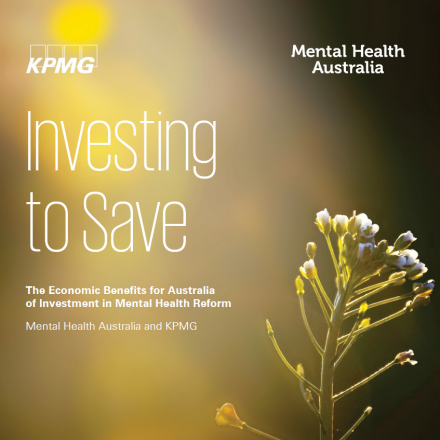CEO Update - A message to our American friends
A message to our friends and colleagues at Mental Health America, and to all the other US charities and not-for-profits working in mental health.
A message to the considered, passionate and grieving children who are planning to march on Washington next month.
We feel your pain. Keep up the good work. Keep pushing for change. Keep highlighting the real issue - gun control.
Six months ago, I found myself defending Donald Trump.
I believe the world was unfairly questioning his mental health. Diagnosis by media sound bite, by whim, or by ‘analysis’ of whatever limited personal information was available about the President himself, was being twisted, turned, and tweeted - populist speculation about mental illness. It wasn’t fair, it wasn’t right, it wasn’t that simple.
At the time I urged that it was a completely unfair, inaccurate and stigmatising way to diagnose mental illness under those circumstances. I still believe this to be true.
And now, six months later, in the wake of yet another mass shooting, President Trump did exactly the same thing, following the Florida High School shooting. Many others joined him.
An administration, and possibly a nation, silenced by their own financial and political relationship with guns, leapt ahead of the facts to blame mental illness, the President unable to even mention the words ‘gun control’.
It wasn’t fair, it wasn’t right, it wasn’t that simple.
When then Prime Minister John Howard, Opposition leader Kim Beazley and Democrats’ leader Cheryl Kernot laid a wreath at Port Arthur three days after the mass shooting in April 1996, discussions were already underway to tackle the issue of gun-control, and introduce legislation that could work.
The political discussions were not about mental illness. They were about action on guns.
They were bi-partisan discussions which led to the states coming on board to introduce the gun buy-back scheme, which we happily paid for via a Medicare levy.
The scheme has been widely heralded as a success of the Howard Prime Ministership, but also points to the change for good that can come out of a collaborative and bi-partisan political environment.
Reflecting on the events of Port Arthur, and the political decisions of the time, John Howard later wrote:
Mental illness and the desensitisation of a new generation to violence play a part but no factor is more critical than access to guns. It is easier to kill 10 people with a gun than with a knife.
Now we can only imagine where we might be if John Howard had simply blamed mental illness for the horrific events of Port Arthur.
The hand wringing about mental illness (noting that even this hand wringing is not about access to treatment, only access to guns) invoked by Trump and others reinforces stigmatising attitudes and beliefs that cause further harm. Attitudes that suggest most, if not all people who experience mental illness are violent and capable of such acts.
CEO and President of Mental Health America, Paul Gionfriddo addressed these attitudes as he wrote in his ‘Yet Again’ blog last week:
“There are millions of people in America living with serious mental illnesses who never have a violent thought in their lives. So why do we automatically assume that all shooters have mental illness?”
But more importantly, we must look at the conditions that do in fact predict violence, and do a better job of identifying those, and intervening early, in the lives of those individuals to change that pathway to violence. We already know what these factor are – a past history of violence, experiencing domestic violence in particular, living in unsafe environments at home and in the community, and more.
So why haven’t our officials in Washington and Tallahassee put more resources into addressing those?
It’s a good question Paul. And a question which the groundswell of young Americans, led by some articulate and passionate children from Parkland, Florida and many more, are beginning to ask with even more insistence.
These young leaders appear to have a far better grip on the real issue at hand than the NRA sponsored leaders of the past.
Future leaders of America, let’s hope. We believe in you.
Warm regards.
Frank Quinlan
CEO Mental Health Australia




